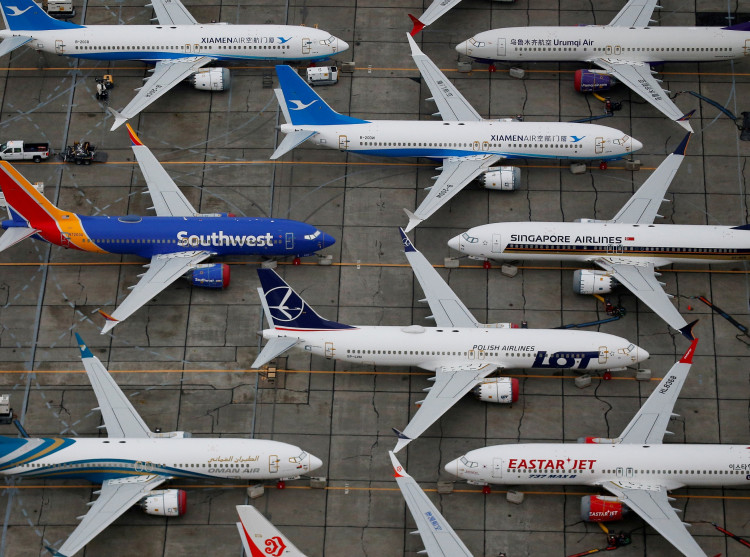After 20 months of enforced absence, Boeing's 737 Max will soon be permitted back in U.S. commercial flights following the findings by the Federal Aviation Administration (FAA) that the jumbo jet is safe to fly again. The aircraft was grounded in March 2019 in the aftermath of two plane crashes in Ethiopia and Indonesia that killed 346 people.
The FAA's decision came as Boeing continues to grapple with a deepening financial crisis, which was initially caused by deadly accidents. Ensuing probes pointed the blame on the company for failure to ensure the 737 Max's safety designs before deployment to airline companies.
Also, the clearance from the U.S. regulator is seen as a lifeline for Boeing, whose struggles further worsened this 2020 following the global air travel restrictions that the COVID-19 pandemic has generated.
In a statement, FAA chief Steve Dickson assured that the design modifications to be implemented on the 737 Max will prevent the deadly crashes from happening again. Once the design changes have been fully implemented, flying on the Boeing plane will be safe 100%, according to Dickson.
Per the report by BBC, Boeing welcomed the FAA approval and Dave Calhoun, the company CEO, said the lessons learned prompted the plane maker to focus more on safety practices.
"These events and the lessons we have learned as a result have reshaped our company and further focused our attention on our core values of safety, quality, and integrity," said Calhoun.
He added that Boeing will continue to honor the lives that were lost in the accidents that involved the 737 Max.
To be clear though, the lifting of the suspension will not see the controversial plane flying again so soon. Boeing will need to meet the strict requirements that aviation regulators have set and the company must win the clearance from every country where it will resume service.
BBC noted that it likely will take a longer time for BBC to convince other government authorities that the 737 Max can be trusted again. In China, for instance, the aircraft's return to commercial flights is unlikely to be realized soon.
For Boeing to gain back the trust of regulators, the 737 Max has to undergo re-engineering, specifically on the software and wiring areas. CNET said the modification of the plane's flight computer is a key redesign requirement before the 737 Max can return to the skies again.
Investigators blamed the plane's faulty MCAS flight software, which they concluded prompted the 737 Max to nose-dive minutes after taking off.
The FAA also mandated a re-training of pilots to be assigned on the Boeing 737 Max and the agency made clear that the training program must be approved prior to implementation.






